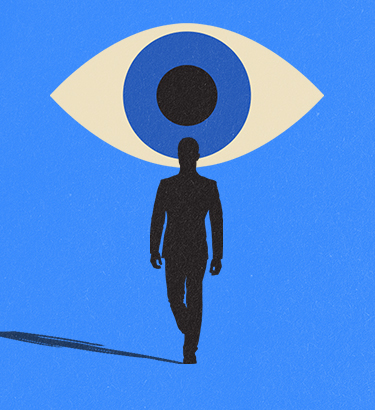Having depersonalization/derealization disorder can make life feel as though you are on autopilot, stuck in a dream from which you can't wake. These feelings can be deeply disturbing, especially when they're recurring or long-lasting.
Depersonalization is a sensation similar to an out-of-body experience. When you're depersonalized, you feel as if you're watching yourself go through the motions from a distance, disconnected from yourself and your feelings. Derealization, on the other hand, occurs when a person feels disconnected from and unfamiliar with their surroundings.
Luana Bessa, a licensed psychologist who specializes in trauma work at Bela Luz Health, a behavioral health organization she founded in Boston, Massachusetts, said both depersonalization and derealization fall under the larger umbrella of dissociation.
"In the case of depersonalization, an individual feels disconnected from their bodily experiences," Bessa explained. "They may feel an inability to access their own emotional or physical experiences, feel numb or confused, feel that they are looking at themselves from above or behind, have difficulty accessing their own thinking processes, and may even feel like physical parts of themselves are disconnected."
"In the case of derealization, an individual feels disconnected from their experiences of the outside world," she continued. "They may feel as though they're in a bit of a funhouse, with external stimuli seeming to shift proportion or feeling 'dreamlike.' Individuals can experience one or both."











